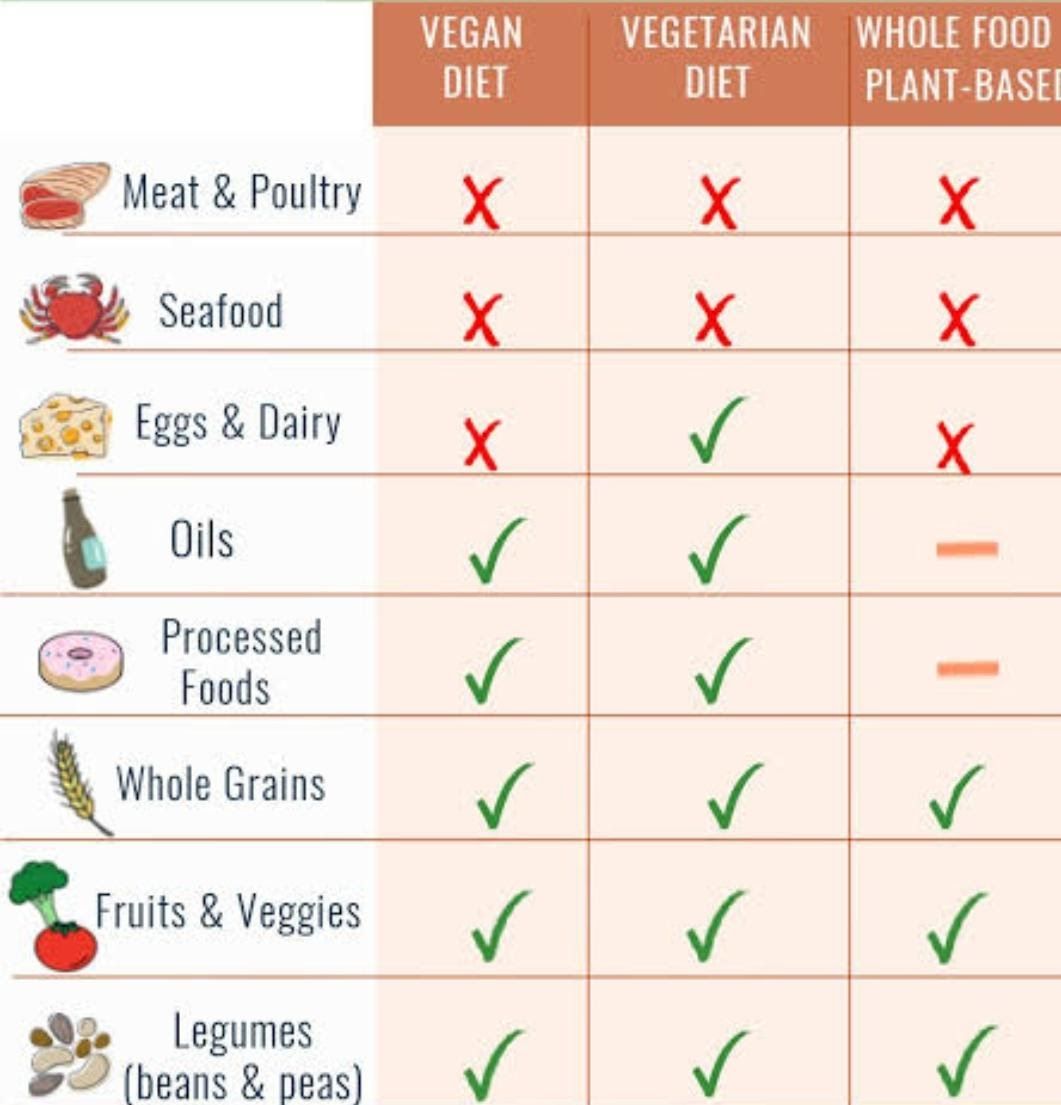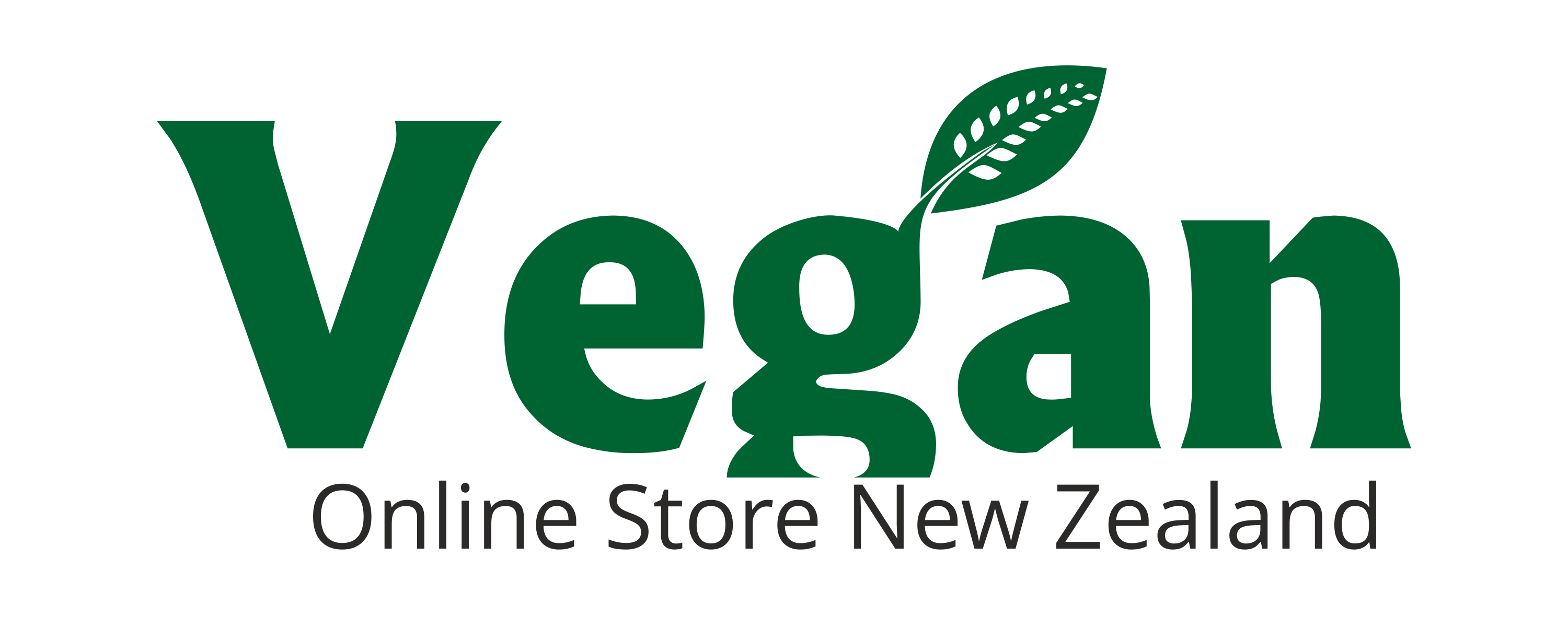January 09, 2021

Who is a vegan?
Vegans eat no animal products, while vegetarians don't eat animals, but
may eat products that come from them (such as dairy and eggs).
What do vegans eat?
On a vegan diet, you can eat foods made from plants
such as:
Fruits and veggies.
Legumes such as lentils, beans, and peas.
Rice, bread, and pasta.
Different Vegetable oils.
All kinds of Nuts and seeds.
Dairy alternatives including almond milk, coconut milk,
and soy milk.
Vegan vs meat diets
People who eat a vegan diet and vegetarian ones too
have a lower risk of heart disease, but can have higher risk of stroke, possibly partly due to a
lack of B12.So Vegans need to supplement their daily diet with Vitamin B12
Are vegans and vegetarians healthy?
Vegetarian and vegan diets are extremely healthy, but can lack certain nutrients. You may
have to use a little creativity to ensure you get enough protein, calcium, iron, and vitamin
B12. You can find many of these nutrients in eggs and dairy if you're vegetarian, and from plant
sources if you're vegan. Quality supplementation may be required.
Can it be cheaper?
Veggie staples such as pasta, rice, tofu, and beans are much cheaper than meat.
Rice, pasta and tofu which are much cheaper than meat too.
Alcohol and Veganism
Some beverages include animal products when processed such as honey in some beer and
lactose in milk.
Veganism is better for our future.
Global warming, the gradual heating of Earth's surface, oceans and atmosphere, is caused by
human activity. By replacing meat produce with vegetarian sources(seeds, beans, nuts and
lentils, for example), we can reduce carbon and other greenhouse gas emissions. A vegetarian
diet requires two-and-a-half times less the amount of land needed to grow food, compared to a
meat-based diet. Livestock are also responsible for about 14.5 percent of global greenhouse
gas emissions, according to the United Nations' Food and Agriculture Organization (FAO) .




